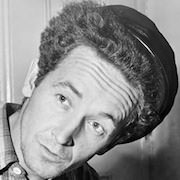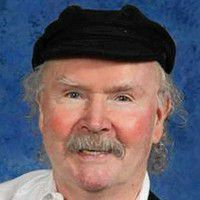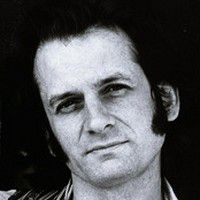0

Almanac Singers
band
1

The Weavers
American folk music quartet
2

Pete Seeger
American folk singer
3

Ronnie Gilbert
actress, musician (1926-2015)
4

Guy Carawan
American musician and musicologist
5

Sis Cunningham
American musician
6

Woody Guthrie
American singer-songwriter and folk musician
7

Cisco Houston
American musician (1918-1961)
8

Oscar Brand
Canadian-born American folk singer-songwriter and author
9

Arlo Guthrie
American folk singer
10

Sarah Lee Guthrie & Johnny Irion
musical duo
11

Stephan Said
American musician
12

Tom Paxton
American folk singer and singer-songwriter
13

Holly Near
American actress, singer and activist
14

Alan Lomax
American music historian, field collector, producer and filmmaker
15

Frank Hamilton
American musician
16

Mike Seeger
American singer
17

Ewan MacColl
English folk singer, songwriter, communist, labour activist, actor, poet, playwright, and record producer (1915-1989)
18

Phil Ochs
American protest singer and songwriter
19

Alastair Moock
American singer-songwriter
20

Peggy Seeger
American folk singer
21

Matt McGinn
British musician
22

Big Bill Broonzy
American blues singer, songwriter and guitarist
23

Hally Wood
American singer
24

Charlie King
American singer-songwriter







